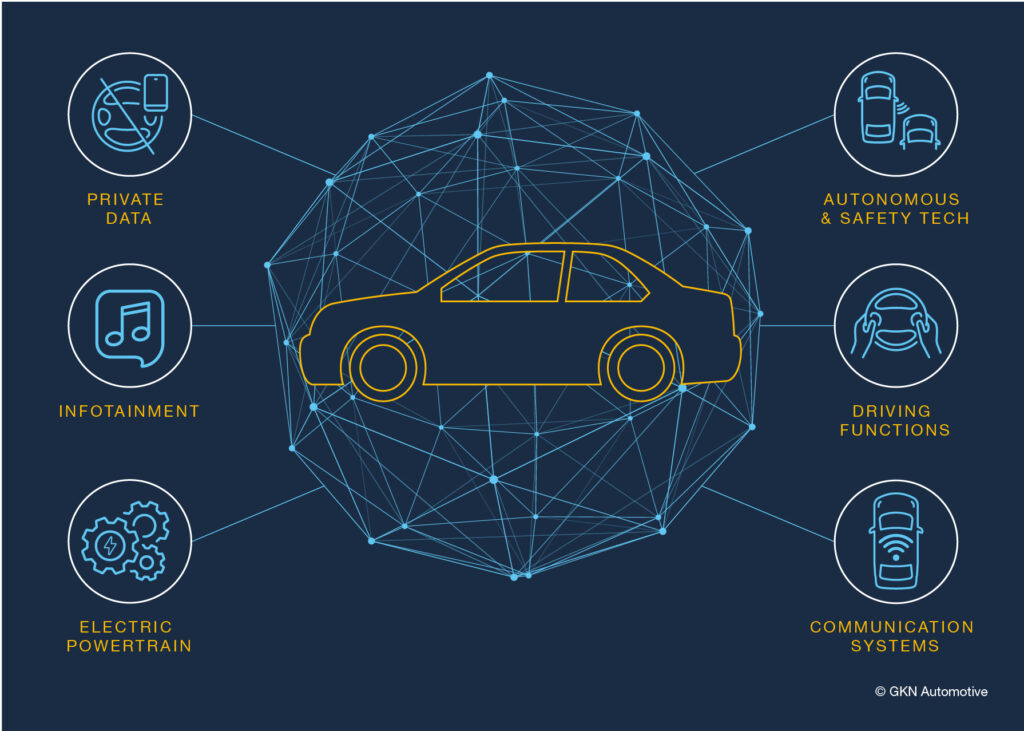Cybersecurity in the Automotive Industry: Why is ISO 21434 important?

The automotive industry is undergoing a fast digital transformation. Vehicles are becoming increasingly complex, which offers a range of advantages, such as improved safety, efficiency, and comfort. However, the complexity also makes them more vulnerable to cyberattacks.
Cyberattacks on connected vehicles can have serious consequences, such as:
Vehicle control loss: An attacker could take control of the vehicle and use it to cause damage or even kidnap the passengers.
Data theft: An attacker could steal personal data from passengers or the vehicle, such as location information or passwords.
Service disruption: An attacker could disrupt the operation of the vehicle, which could lead to accidents or inconveniences.
To mitigate these risks, the automotive industry is adopting the ISO 21434 standard, which provides guidance on the security of connected vehicles. The standard covers a wide range of topics, such as:
Security requirements: The standard defines the security requirements that connected vehicles must meet.
Security lifecycle: The standard defines the security lifecycle of connected vehicles, from design to disposal.
Security testing: The standard defines the security tests that should be performed on connected vehicles (which includes attacks).
ISO 21434 is an important tool to help automotive industry companies protect their vehicles from cyberattacks. By following the guidance in this standard, companies can help reduce the risk of a cyberattack and protect their customers and employees.
OTC Engineering is committed to providing our customers with the highest level of cybersecurity. We are proud to follow the ISO 21434 rules, which demonstrates our commitment to implementing and maintaining effective cybersecurity measures in our products and services.

